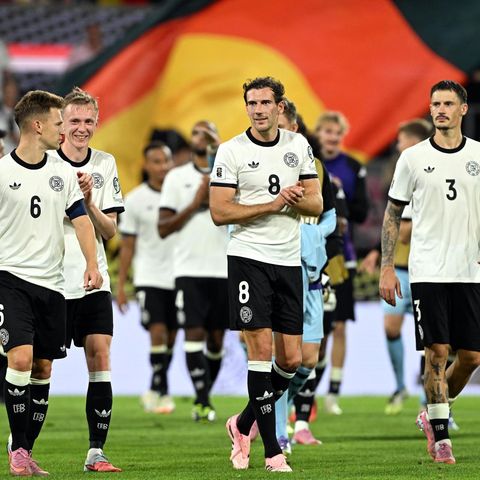I have been working in the news industry for over 6 years, first as a reporter and now as an editor. I have covered politics extensively, and my work has appeared in major newspapers and online news outlets around the world. In addition to my writing, I also contribute regularly to 24 Hours World.
Menu
After the state elections: First steps towards “blackberry” coalitions
Categories
Most Read
Donald Trump ends trade talks with Canada over commercial
October 24, 2025
No Comments
Situation at a glance: Russian money for Ukraine? EU wants decision in December
October 24, 2025
No Comments
Summit in Brussels: Russian money for Ukraine? EU wants decision in December
October 24, 2025
No Comments
World trade: Merz irritated at EU summit with statement about Mercosur deal
October 24, 2025
No Comments
Finances: Study: Municipalities spend every third euro on social issues
October 23, 2025
No Comments
Latest Posts

Oliver Bierhoff: National team “doesn’t have an identity yet”
October 24, 2025
No Comments
Ex-DFB manager Oliver Bierhoff thinks the national team “doesn’t yet have an identity” Julian Nagelsmann wants to win the title with the German national team

Society: Survey: Majority agrees with Merz’s “cityscape” statements
October 24, 2025
No Comments
IvanI have been working in the news industry for over 6 years, first as a reporter and now as an editor. I have covered politics

Sophia Thomalla and Alexander Zverev: an addition to the family for the prominent couple
October 24, 2025
No Comments
Lisa HarrisI am an author and journalist who has worked in the entertainment industry for over a decade. I currently work as a news editor
24 Hours Worlds is a comprehensive source of instant world current affairs, offering up-to-the-minute coverage of breaking news and events from around the globe. With a team of experienced journalists and experts on hand 24/7.

